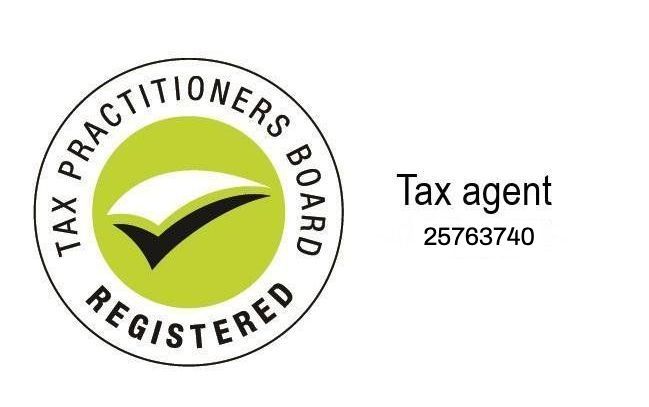Key ways to access funding for your business
Key ways to access funding for your business
If you’re planning to found a new business, you’ll need enough startup capital to get this venture off the ground.
And once you’re up and running, you’ll need additional business finance and investment at each stage of your growth and expansion along the business journey.
But where does this business funding come from? And what are the best routes for accessing the finance you need to bring your business plans to life?

There are multiple routes to funding, and many specialist types of finance that cater to a specific industry or a particular business type. However, it’s always a good idea to understand the funding fundamentals and the options they offer for your business.
We’ve summarised five different funding routes that are worth considering:
1. Bank loans and overdrafts –
traditionally, your bank was the go-to place for business funding. Taking out a business loan allows you to pay back the loan over an agreed period, and in easy instalments. Extending your business overdraft can give you more credit to play with. But in recent times, banks have become more reticent to lend and will need cast-iron evidence of your ability to repay any agreed loan or overdraft.
- Pros: Large sums of money can be borrowed
- Cons: Strict lending criteria and may require collateral
2. Private investors – getting high-net-worth individuals to invest in businesses is another well-worn path to funding. Private investors can be a great source of funding if your business is unable to qualify for a bank loan or needs a large amount of funding quickly. However, investors will usually expect shares in the business and some form of control over the direction and running of the company. Shrewd investors will also want a guaranteed return on their investment (ROI).
- Pros: Can provide large sums of funding and more flexible criteria than banks
- Cons: Can be difficult to find private investors and they will expect good ROI
3. Business loan providers and niche industry lenders – There are many lenders that specialise in providing loans to businesses in specific sectors, or at particular points in the business journey. These lenders may have less stringent lending criteria than the main high street banks and can offer more flexible repayment terms. If you’re trading in a niche and need money quickly, these lenders are well worth adding to the mix.
- Pros: Less stringent lending criteria than banks and flexible repayments
- Cons: Interest rates may be higher than bank loans and collateral may be needed against your loan
4. R&D tax credits – R&D tax credits are government incentives that can help you offset the cost of your company’s research and development activities. R&D tax credits can be a valuable source of funding for businesses that are developing new products or services and will help to cut your corporation tax bill – savings that can then be reinvested back into the business.
- Pros: Offsets the cost of RD activities and can be claimed retrospectively
- Cons: The application process can be complex and time-consuming
5. Government loans and tax incentives – there are a huge range of government loans, enterprise incentives, grants and tax incentives available to your businesses. These funding options can be used for a variety of purposes, such as starting a new business, expanding an existing business or creating jobs. Each country and territory will have its own specific government incentives, so it’s worth doing your own research, or working closely with your advisers to find the most suitable loans, grants and incentives in your particular area.
- Pros: Provides a valuable source of funding, and (if you meet the criteria) some grants may not require repayment
- Cons: Criteria must be met in full and the application process can sometimes be complex and time-consuming
Talk to us about setting up your funding strategy
Whatever point you’re at in the business journey, there’s real value in having a clear funding strategy set up and agreed for your business. The right routes to funding will depend on your business goals, your ability to make repayments and whether your sector is classed as high or low risk. But having a funding strategy in place really is an essential element of your planning.
As your adviser, we can run you through the funding options available to you, with industry-specific advice on the most practical and effective routes to finance.












